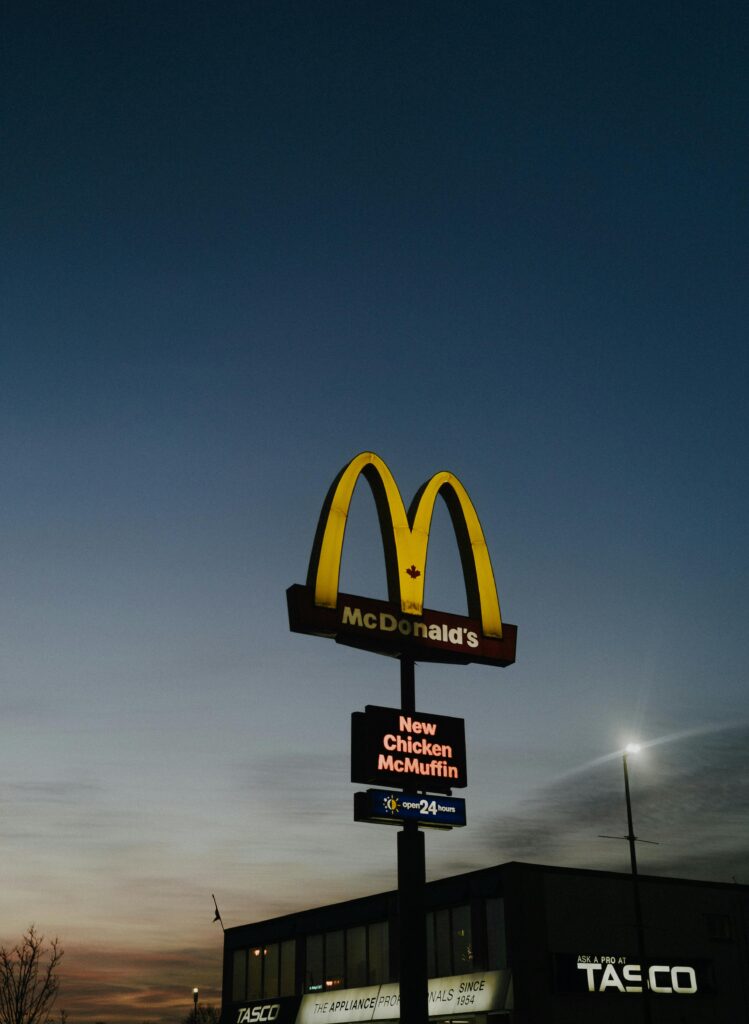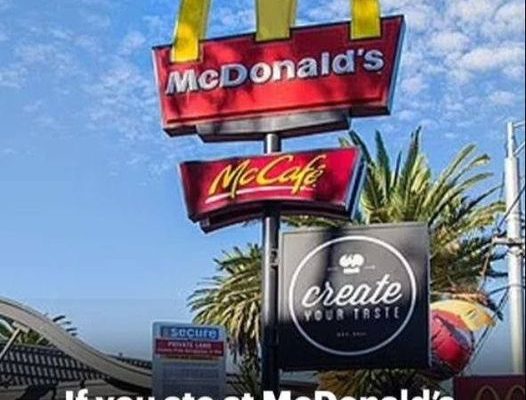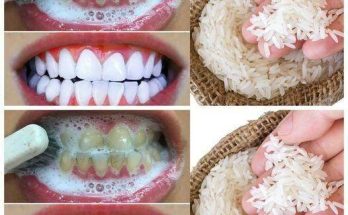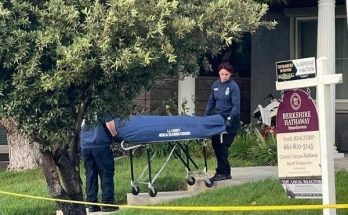People who have eaten a McDonald’s Quarter Pounder in the last few weeks are advised to be on the lookout for any changes in their bodies.
In Mountain West states, a significant E. coli outbreak has been connected to a number of fast food establishments, resulting in one fatality and ten hospitalizations.
Officials believe the chain’s Quarter Pounder’s patties or onions may have been tainted, leading to the closure of nearly 2,700 locations—roughly one-fifth of all US locations—due to the incident.
Every day, 100,000 Americans eat quarter pounders. According to the CDC, if you feel ill after eating one, you should call your doctor right away.
Additionally, food safety specialists advised dailypostiveinfo that individuals who ate at McDonald’s should exercise caution for two to eight days following exposure because symptoms may not appear for up to a week.

It is advised to get care right away because E. coli can kill up to 5% of those it infects. According to the CDC, there have only been 49 confirmed cases of the sickness in Americans who ate at McDonald’s, although that number is probably far lower.
Tom Skinner, a spokesperson for the CDC, said: “We fully expect to see more cases.”
“McDonald’s has moved rather quickly to take action to, hopefully, prevent as many cases as possible.”
However, the agency warned customers: “If you have severe symptoms of E. coli infection after eating a Quarter Pounder hamburger at McDonald’s, seek health care and tell your provider about what you ate.”
The majority of patients get better on their own, but those who are very sick can have had dehydration, vomiting, cramping in the stomach, and bloody diarrhea.
Additionally, the government recommends getting care if vomiting is so bad that it’s hard to keep liquids down or if diarrhea persists for at least three days without getting better.
The 0157:H7 strain of E. coli, which was related to the 1993 Jack in the Box murder of four children, made the affected patients ill. The Association of Public Health Laboratories’ director of food safety, Shari Shea, cautioned that it can result in extremely dangerous illnesses.



